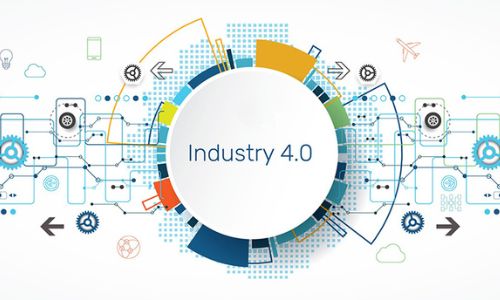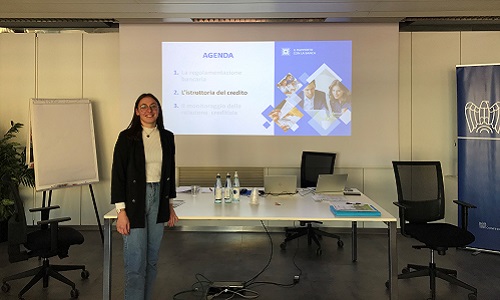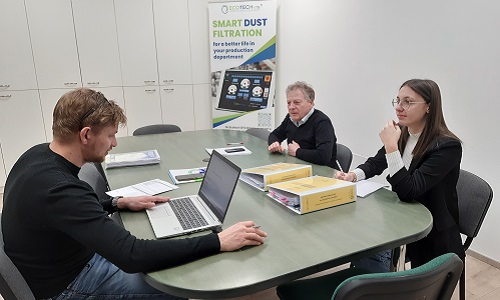
DIGITIZATION AFTER LOCKDOWN
According to Andrea Bianchi, Industrial Policies Director of Confindustria: “Digitization, Industry 4.0 and sustainability are the main drivers of manufacturing transformation.
Digital technologies increase the innovative capacity of the manufacturing company and, according to the National Institute of Standards and Technology (NIST), the “smart landscape” can be defined as the set of “collaborative production systems, fully integrated, which respond in real time to meet the changing needs and conditions in the factory, in the supply network and in customer needs”. Through the use of technologies, such as laser cutting, robotics, big data, the cloud, additive manufacturing, IoT and Industrial Iot, scanners, 3D printers, augmented reality - ie basis of the so-called smartfactory - it will be possible to optimize planning, supply chain logistics and all aspects of product development and innovation. Furthermore, it is now obvious that companies that fail to adopt smart manufacturing technologies and practices will not be competitive enough and eventually succumb.
THE NEW CHALLENGES: RESILIENCE
Companies, to implement full digitalization and transformation 4.0, will have to face various challenges, such as:
- ensure convergence between IT (Information Technology) and OT (Operational technology), or between the computer network (which takes care of storing, retrieving, transmitting and processing data) and the industrial network (through which the components of a production process exchange data) which must necessarily communicate with each other in a organizational holistic perspective.
- Make up for the lack of internal / external skills through the dissemination of digital culture and adequate staff training.
- manage IT security risks by implementing measures and procedures and following the best practices in order to ensure operational continuity and protect the corporate perimeter, in compliance with the principles of risk management, disaster recovery, business continuity and cyber security.
- Access the loans / facilities made available by the Government and the European Community, with timeliness and administrative capacity.
Against this it will be possible to achieve advantages in terms of:
reduction of production costs and greater production flexibility vs. market that appears erratic.
- innovation and higher product quality.
- predictive maintenance.
- restoring (Relocation) and effort to maintain production in Italy.
- new domestic and international market opportunities.
- best customer service.
- adaptation to industry standards.
Furthermore, corporate sustainability will also benefit from the implementation of the technology, in terms of:
- waste reduction
- reduction in the quantity of materials / inputs used
- reduction of the environmental impact of company processes
- traceability of the supply chain / consumption
- use of waste materials of company processes
- adoption of more sustainable inputs
- modification of supply networks (in a green key)
- use of waste / scrap input from other companies / sectors
Only through a highly technological and, at the same time, holistic approach, capable of guaranteeing transparency, flexibility and communication between the actors involved, will it be possible to safeguard organizational resilience.




